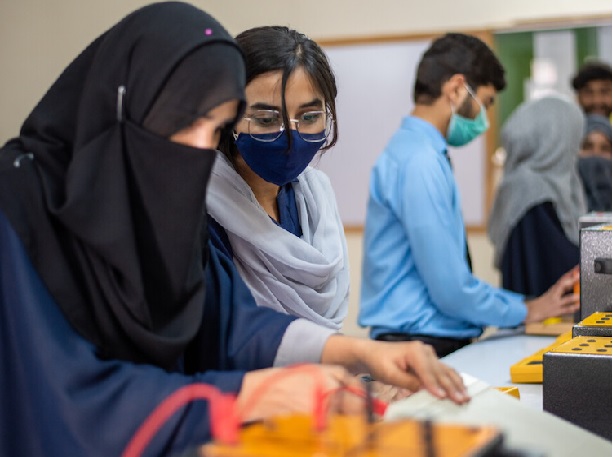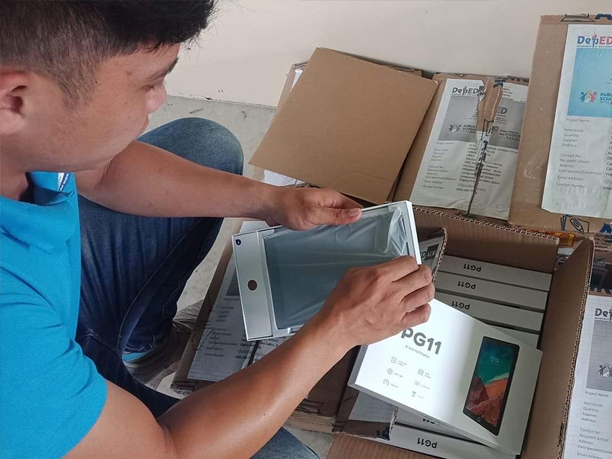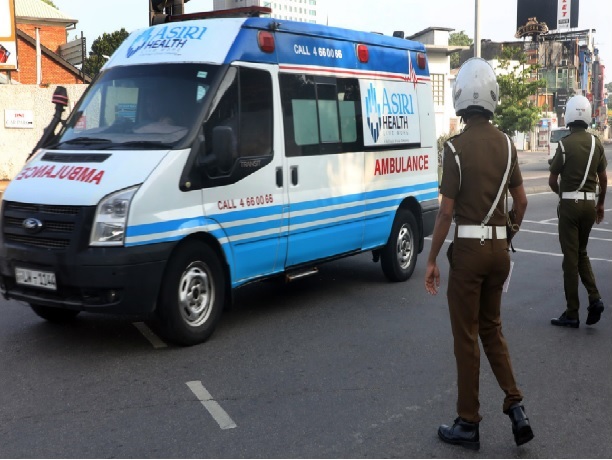The Japan Fund for Prosperous and Resilient Asia and the Pacific or JFPR helps ADB’s developing member countries (DMCs) achieve resilient recovery from the pandemic and enhance preparedness for the next crisis. It also helps build a sustainable society and foundation for a prosperous future while bolstering vulnerable groups. Apart from poverty reduction, the enhanced JFPR focuses on universal health coverage, climate change and disaster risk management, quality infrastructure investment, and public finance management among the new priority areas.
On 1 September 2021, the ADB Board of Directors approved the enhanced and renamed JFPR to help ADB’s DMCs achieve resilient recovery from the crisis. It is to improve preparedness for the next crisis and build a sustainable society and the foundation for a prosperous future while bolstering vulnerable groups through the established priority areas.
The first Japan Funds Week was held from 27 June to 1 July 2022. More than 1,500 stakeholders, including the ADB President, ADB senior management, and Japanese government high-level officials, attended the event to commemorate the original fund’s 2 decades of achievements. With the theme, Beyond the Pandemic: Forging Ahead with the Enhanced Japan Funds, the week-long event highlighted JFPR’s accomplishments and the way forward given the new priorities and guidelines. The event also thanked the Government of Japan for its continued generous support for the Japan funds.
In the first quarter of 2022, the JFPR received a replenishment of $54.2 million. In 2022, $27.0 million was reallocated to the JFPR from the remaining JFPR COVID-19 Window for emerging themes to support education loss, food security, and global health. Access to the JFPR COVID-19 Window was closed in September 2022, with 13 active projects remaining, amounting to $41.0 million at the end of December 2022. Proposals remaining in the pipeline upon closure will continue to be processed until May 2023.
Sixteen projects amounting to $35 million were ADB-approved in 2022, with three emergency projects to Myanmar*, Sri Lanka, and Pakistan approved under fast-tracked processing.
JFPR Progress Reports (publication series)
News
ADB and the Government of Mongolia signed a $2 million grant to increase efficient and renewable energy heating systems in remote areas in Mongolia. ADB will administer the $2 million grant financing from the Japan Fund for Prosperous and Resilient Asia and the Pacific, which has supported projects in Mongolia in poverty alleviation, livelihood improvement, and environment safeguards over the past 20 years.
ADB approved a $100 million loan to help improve technical and vocational education and training (TVET) in Punjab province in Pakistan and ensure skills training meets the demand for jobs in the country’s priority economic sectors. The project includes a $2 million technical assistance grant from the Japan Fund for Prosperous and Resilient Asia and the Pacific, which will help strengthen the TVET institutional framework and strategy in Punjab.
- ADB and Japan Support Food Security and Livelihood Recovery in Sri Lanka
- ADB Approves $200 Million Loan to Mitigate Sri Lanka Food Crisis
- ADB and Vanuatu Sign Grant for $5.3 Million Project That Targets Recovery of Poor and Vulnerable Groups from COVID-19
- ADB Approves $10 Million for COVID-19 Vaccines in Bhutan
- Solar-Powered Radios, Tablets, Wi-Fi Sets to Enable Distance Learning in Remote Schools in Philippines
- ADB Approves Two Grants to Boost Tourism and Rice Production in Cambodia
- ADB Approves $20 Million Financing to Improve Water Management and Resilience in Bhutan





